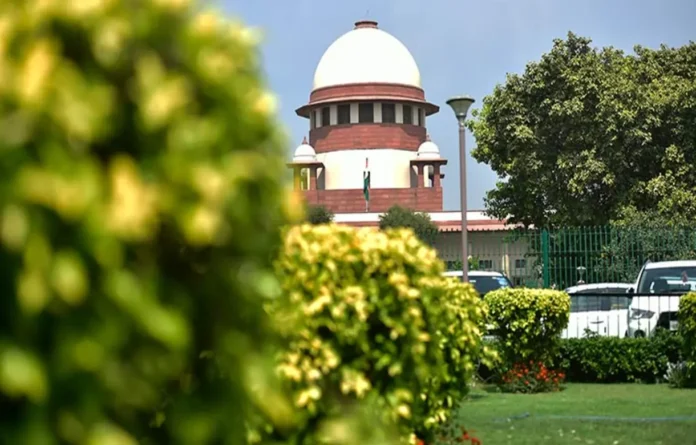The Supreme Court dismissed the demand for a probe into the sale and purchase of electoral bonds under the scheme struck down by a Constitution Bench in February this year.
A bench comprising Chief Justice of India (CJI) DY Chandrachud with Justice JB Pardiwala and Justice Manoj Misra dismissed a batch of petitions that in particular sought a probe by a Special Investigation Team (SIT) into the misuse of electoral bonds scheme, especially the allegations of quid pro quo between donors and political parties.
The court ordered that they decline to exercise our jurisdiction under Article 32 of the Constitution. At the outset, the court noted that on the date of purchase of electoral bonds, there was a statutory enactment of the parliament permitting such purchase and donation of the same to the political parties.
The court also observed that there were only assumptions at this stage that there had been quid pro quo behind donations to the political parties. It underlined that the petitions are founded on two assumptions that there was a quid pro quo in cases where there was award of contract or change in policy and that certain officials of investigative agency was involved and thereby probe by normal process of law will not be fair or independent.
It also highlighted the underlying premise of submissions to indicate that these are assumptions at the present stage and would require the court to enter into a roving inquiry into purchase of electoral bonds, donations made to political parties and arrangements made in the nature of quid pro quo.
The Court further added that individual grievances would have to be pursued through appropriate remedies under the law. It maintained that where there is a refusal to investigate or closure report has been filed appropriate remedies can be taken under law governing criminal procedure or as the case may be under Article 226.
The bench also stated that absent a recourse to remedies available under law, it would be premature and inappropriate for the court to intervene as Article 32 plea must be preceded by normal remedies under the law. It underscored that intervention of this court at this stage would postulate that normal remedies under the law would not be efficacious.
The apex court also said that probing proceeds of crime or reopening of income tax assessment would impinge upon statutory functions of the authorities who are entrusted to make inquiries under the relevant law.
The court maintained that they are of the view that the constitution of a SIT headed by a former Supreme Court judge or otherwise should not be ordered when remedies under law governing criminal procedure is not availed.


